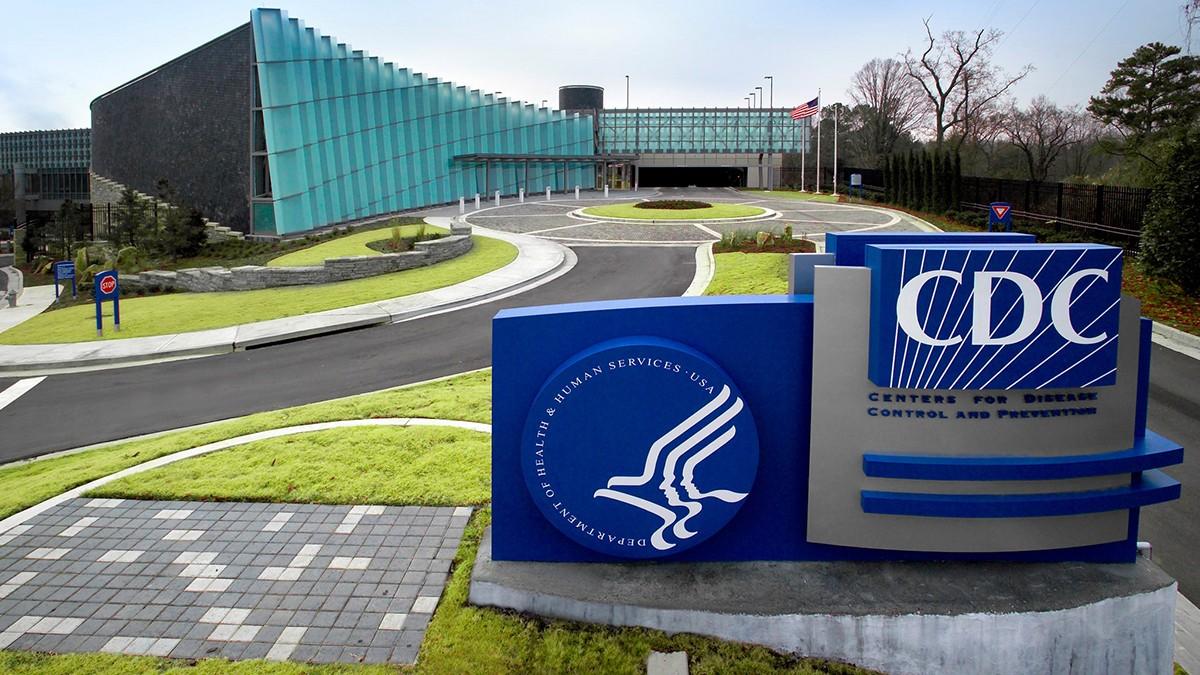The Centers for Disease Control and Prevention (CDC) has revised its COVID-19 vaccine recommendations for children and pregnant women, creating confusion as the changes contradict statements made by Health and Human Services (HHS) Secretary Robert F. Kennedy Jr.
On May 27, Kennedy announced that COVID-19 vaccines would be “removed from the CDC recommended immunization schedule” for healthy children and pregnant women. But when the CDC updated its guidance on May 30, it took a more nuanced approach.
For children aged 6 months to 17 years, the vaccines remain on the schedule but are now recommended through “shared clinical decision-making” between healthcare providers and families. This means children can still receive the shots after consulting with a doctor.
“Where the parent presents with a desire for their child to be vaccinated, children 6 months and older may receive COVID-19 vaccination, informed by the clinical judgment of a healthcare provider and personal preference and circumstances,” states the new CDC language.
The situation for pregnant women is less clear. The CDC’s updated immunization schedule now shows “No Guidance/Not Applicable” for COVID-19 vaccines during pregnancy, where it previously recommended vaccination for all pregnant individuals.
Similar Posts
This policy shift has sparked criticism from major medical organizations. The American Academy of Pediatrics expressed relief that families can still choose to vaccinate their children but raised concerns about the process.
“The deeply flawed process to reach the recommendation raises serious concerns about the stability of the nation’s immunization infrastructure,” said Dr. Susan Kressly, president of the American Academy of Pediatrics.
The American College of Obstetricians and Gynecologists also opposed the change. Dr. Steven Fleischman, ACOG President, stated, “As ob-gyns who treat patients every day, we have seen firsthand how dangerous COVID-19 infection can be during pregnancy and for newborns.”
Medical experts worry the policy shift could create barriers to vaccination. Insurance coverage remains in place for children under the “shared decision-making” designation, but coverage for pregnant women is uncertain. Without insurance, a COVID-19 shot can cost over $200 out-of-pocket.
HHS has defended the changes, with spokesman Andrew Nixon saying, “Under the leadership of Secretary Kennedy, HHS is restoring the doctor-patient relationship.” Nixon emphasized that while the CDC no longer broadly recommends the vaccine for healthy children, it supports decisions made between parents and healthcare providers.
The CDC bypassed its usual process for vaccine recommendations, which typically involves review by the Advisory Committee on Immunization Practices (ACIP). This committee of independent experts evaluates vaccine safety and effectiveness data before making recommendations.

Data shows COVID-19 remains a health risk, particularly for young children. Children under 5 were hospitalized with COVID-19 at roughly the same rate as with flu during the past two respiratory seasons. Fewer than 5% of children hospitalized with COVID-19 last season were up-to-date on their vaccinations.
The policy changes highlight ongoing tensions between Kennedy’s approach to vaccine policy and established public health practices at the agencies he now oversees.


















